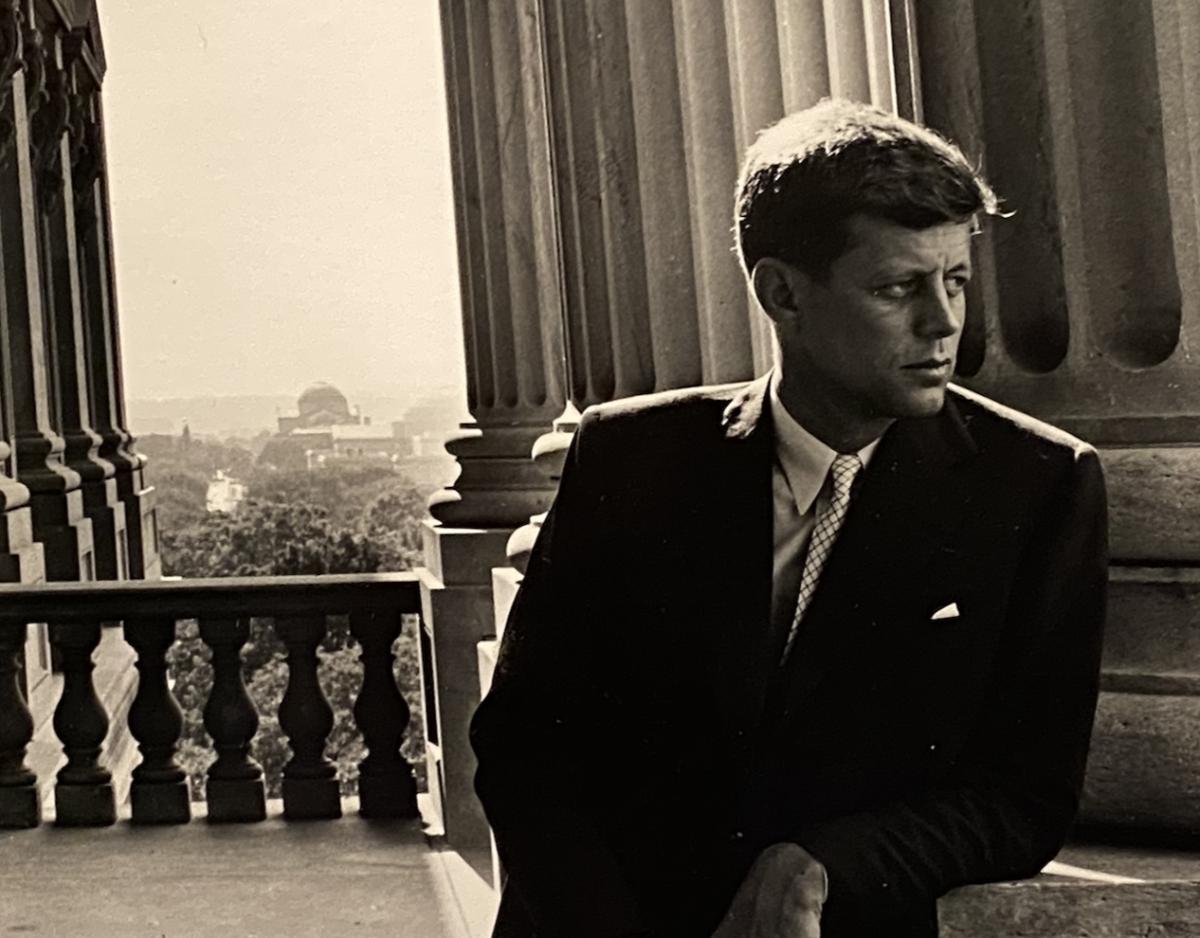It’s a disillusioning experience when people whom you’ve idolized your whole life turn out to be less than idol worthy. It happens way too often.
When I was in middle school, the youthful and vigorous JFK was my hero. I waited in line in front of a drugstore on Gratiot Avenue in Detroit for what seemed like hours just to wave at JFK’s motorcade. A few years ago, I read an article in The Atlantic that detailed some of JFK’s exploits while he was in the White House. It included shocking descriptions of JFK in the White House swimming pool with interns and other White House staff. Sound familiar?
Even before I got to college, I was obsessed with Ernest Hemingway. I read every novel (The Sun Also Rises was my favorite), every short story, and took Hemingway courses in college. The more I learned about Hemingway’s personal life, the more disillusioned I became. I eventually wrote a final paper on how Hemingway never depicted real women—instead, as I recall my description, they were either angels or bitch goddesses. And I used quotes from Catherine Barkley (an angel) in A Farewell to Arms as an example. She said, “I want what you want. There isn’t any me, anymore. Just what you want.”
When I went to graduate school at Georgetown, I remember my friends and I listing our top 10 movies of all time. Two of mine were Woody Allen films—Annie Hall and Manhattan. I knew the dialogue by heart. Last week, I finished watching the HBO Max documentary Allen vs. Farrow. It’s hard to look at those movies in the same light. Somehow those innocent and charming scenes with Mariel Hemingway in Manhattan just aren’t that charming anymore.
Catcher in the Rye by J. D. Salinger is on my “top 10 books of all time” list. Last weekend, I read an article by a woman to whom J.D. Salinger wrote love letters. She was 17 and at Yale. He was in his 50’s. She quit college to be with him, chocked everything up. She later discovered that she was only one of many nubile women to whom Salinger wrote. He later discarded her like a used shoe. It took her several years to recover from the trauma.
I just finished the new biography Eleanor by David Michaelis. It’s beautifully written, well documented and engaging—also long. But it shows a side of FDR—my mother’s hero—that I never knew. He cheated on Eleanor with several other women, was quite the anti-Semite, and had a racist streak as well. I realize these were different times, but Eleanor evolved in ways that FDR never did.
The list of such disillusionments is long. Having said that, I still think JFK was a great President. He founded the Peace Corps and stood down Khrushchev during the Cuban missile crisis. He also inspired many young people to get involved in public service. Hemingway’s writing remains amazing. He used language in simple uncompromising ways. Few authors come close to mastering such focus on the bare essence of each word. The dialogue in some Woody Allen movies is superb. And something tells me that The Catcher in the Rye will remain an all-time classic for years to come. And despite FDR’s shortcomings, he gave us the New Deal and led us to victory in World War II. That compensates for a lot.
What’s the moral of this tale? Nobody’s perfect. We all disappoint in one way or another. Is it sad when someone we revere turns out to be less than we had hoped? Yes. But can we still appreciate their accomplishments and admire their strengths? Carl Jung once said, “There is no light without shadow, and no psychic wholeness without imperfection.” Still, somehow, I wish that when temptation knocked, these heroes had chosen to see the light rather than lurk in the shadows. Something to think about.
Maria Grant was principal- in-charge of the Federal Human Capital practice of an international consulting firm. Since she retired, she has focused on writing, reading, piano, kayaking, nature, gardening, and travel.

